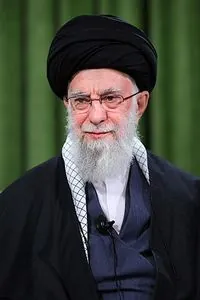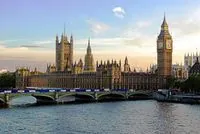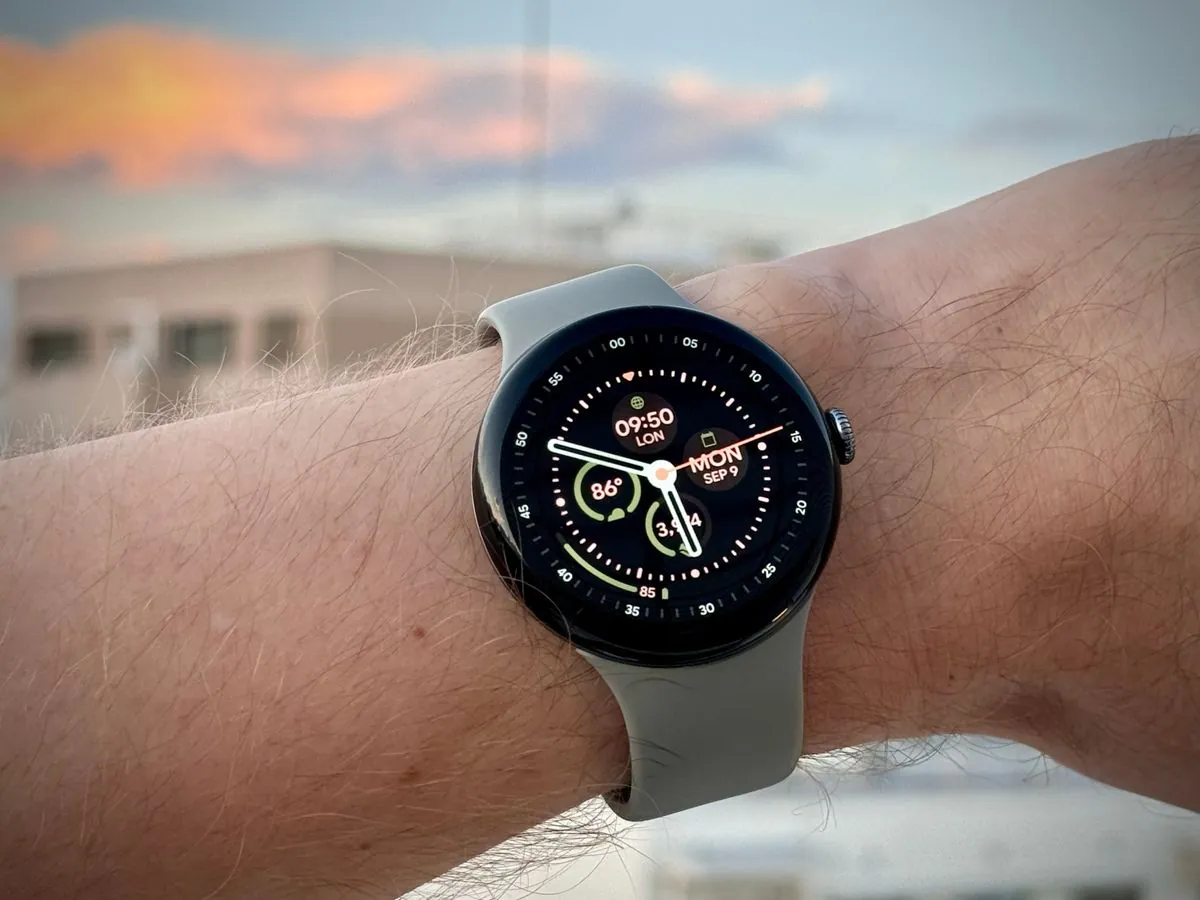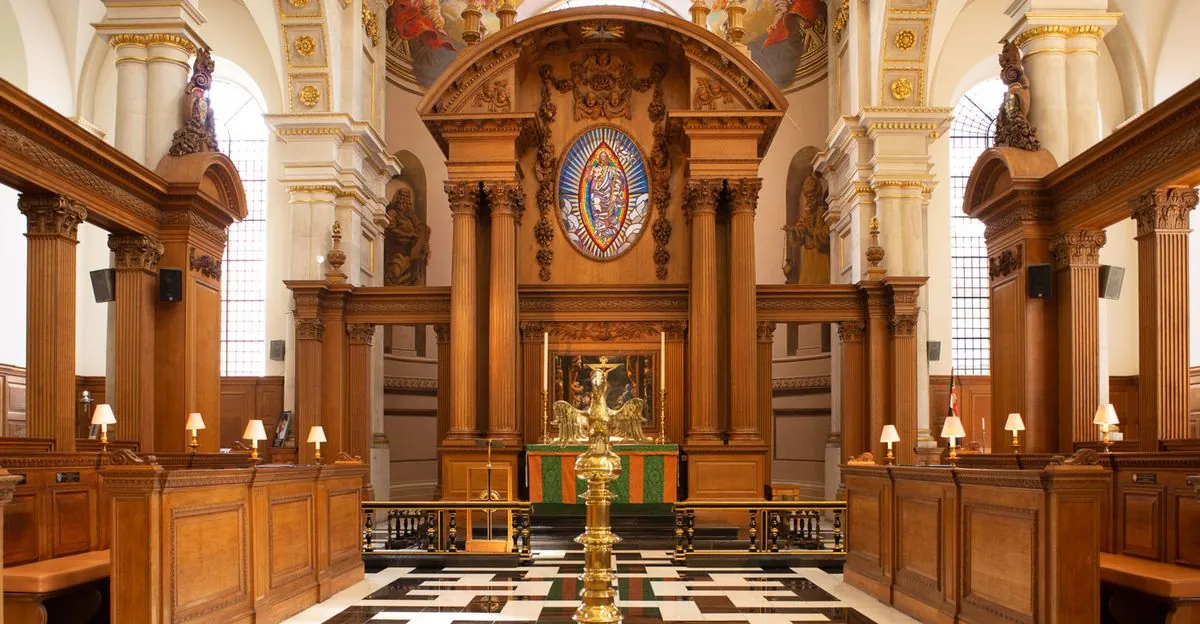UK Politicians Clash Over Special Forces' Tactics and ECHR Membership
Robert Jenrick's controversial claim about UK special forces sparks debate among politicians. The discussion extends to the impact of ECHR membership on military operations and national security.
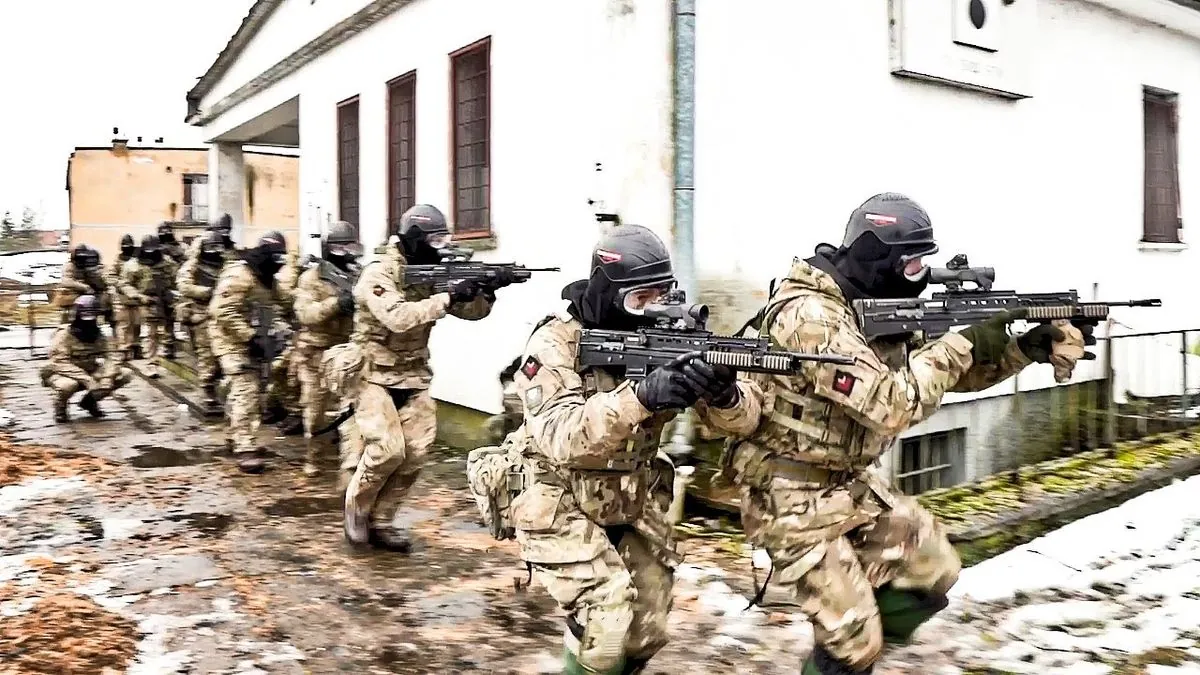
In a recent development, Robert Jenrick, a frontrunner in the Tory leadership contest, has ignited a heated debate with his controversial claim regarding UK special forces' tactics. Jenrick asserted that British military personnel are opting for lethal action against dangerous individuals due to concerns that the European Court of Human Rights (ECHR) might set them free if captured.
This statement has drawn sharp criticism from fellow politicians Tom Tugendhat and James Cleverly. Tugendhat, the former security minister, expressed his deep concern, stating, "I think what he said is wrong and demonstrates a fundamental misunderstanding of military operations and the law of armed conflict." Cleverly, the former home secretary, urged Jenrick to justify his statement, emphasizing that the British military always adheres to international humanitarian law and the law of armed conflict.
Despite the backlash, Jenrick stood firm on his position, referencing similar comments made by former defence secretary Ben Wallace in an interview with The Telegraph approximately a year ago. Jenrick argued that decision-makers are being compelled to make choices they might not ordinarily make, such as opting for drone strikes instead of capture operations.
The controversy has reignited discussions about the UK's membership in the European Convention on Human Rights, which the ECHR enforces. Established in 1959 and based in Strasbourg, France, the ECHR has jurisdiction over 46 member states of the Council of Europe. The UK ratified the convention in 1951, and it was later incorporated into UK law through the Human Rights Act 1998.
Jenrick went further, suggesting that ECHR membership could potentially hinder the UK's ability to neutralize high-value targets like Osama bin Laden. He likened the situation to Brexit, framing it as a clear "leave or remain" choice regarding the convention.
This debate brings into focus the complex relationship between international law, human rights, and national security. The UK's special forces, including the Special Air Service (SAS) founded in 1941 and the Special Boat Service (SBS) established in 1940, operate under strict rules of engagement and are subject to various international laws and conventions, including the Geneva Conventions.

The UK Parliament maintains oversight of military operations through various committees, ensuring accountability while respecting the classified nature of special forces operations. The ongoing discussions highlight the delicate balance between adhering to international human rights standards and maintaining effective national security measures.
As the debate continues, it underscores the broader implications of the UK's relationship with European institutions in the post-Brexit era. The influence of the European Convention on Human Rights on UK law and policy remains a contentious issue, with arguments for both maintaining and severing ties with the ECHR gaining traction in political circles.
"The point I was making was absolutely correct. As Ben Wallace has said in that [Telegraph] interview, decision-makers are being asked to make decisions which they might not ordinarily make – for example, to call in a drone strike and take lethal action in that way."
This controversy serves as a reminder of the complex interplay between international obligations, national sovereignty, and the operational realities faced by military personnel in high-stakes situations. As the UK continues to navigate its post-Brexit identity, the debate over ECHR membership and its impact on military operations is likely to remain at the forefront of political discourse.












